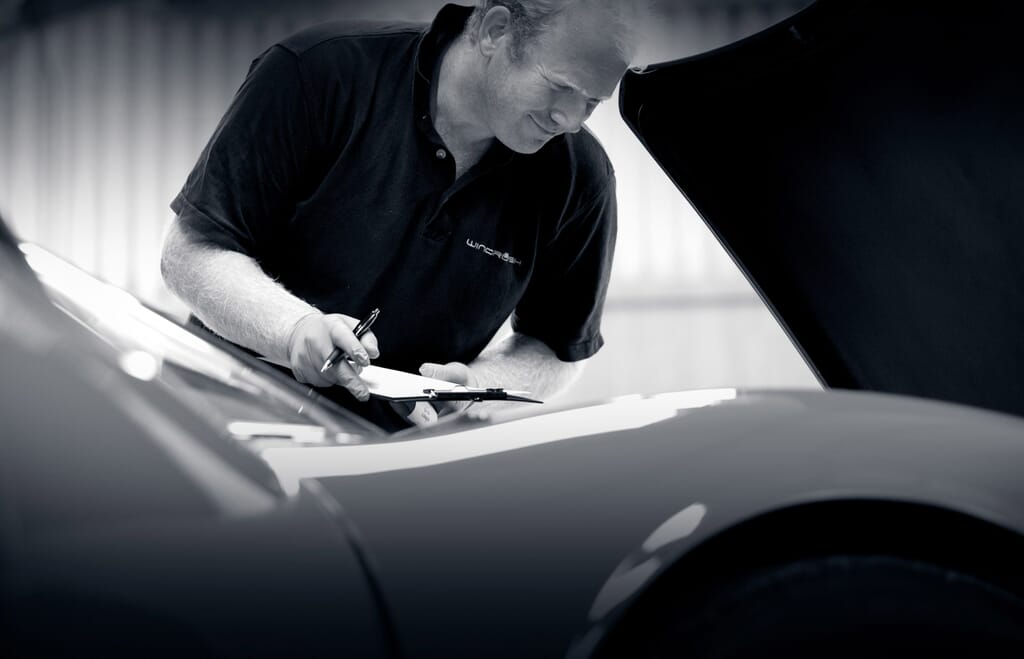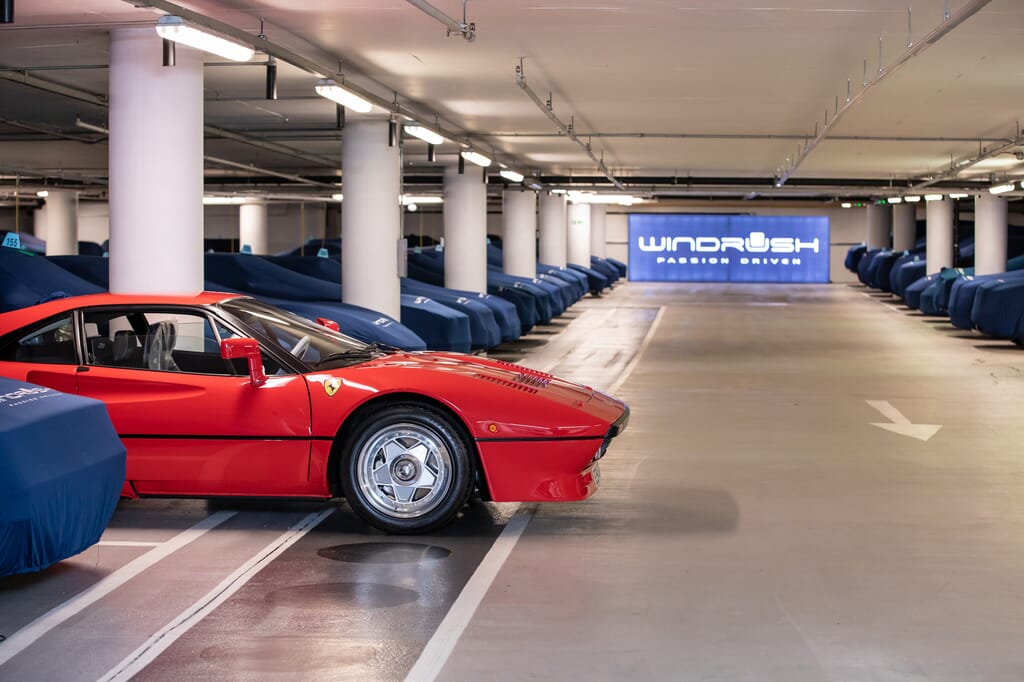
What sort of cars do Windrush care for?
Windrush Car Storage are industry leaders in car storage, offering an unrivalled service in the sector with secure, fully staffed locations in both Central London and The Cotswolds. We are in a privileged position to look after some of the world’s finest vehicles and take great pride in doing so.
Potential clients often wonder what sort of vehicles we actually care for, and are they all as rare or special as you might think? To answer this question we have prepared this article, giving you a window into the full range of cars that Windrush has experience of storing for its clients.
The Daily Drivers
It comes as a pleasant surprise for many new Windrush customers, but we are more than happy care for your daily driver while you use the vehicle that you normally keep in storage with us – even if that is for several weeks or months at a time. This allows customers to arrive in their daily driver and collect their special car, without any worries or further cost. For this reason, visitors to Windrush will often see a range of ‘normal’ cars such as VW Golfs, BMW 1 Series, Fiat 500s, Land Rover Defenders and such like stored alongside the more specialist machinery. This is all part of the service we provide at no extra charge, and these daily drivers are treated to the same level of care and exacting standards as their more sought after brethren.
The Classics
When thinking about secure car storage, this sort of the car is probably the first thing that comes to mind, bringing up images of pristine Ferrari 275s, Aston Martin DB5s and Jaguar E-Types. Windrush Car Storage is indeed extremely experienced in the care of numerous examples of this calibre of vehicle, and enable our clients to use them as the manufacturer intended whenever they (or the British climate) see fit. We have years of experience of caring for classic vehicles and have prepared a separate guide on the key things to look for when storing a classic, which can be found here.
The Track Cars
Many Windrush clients use our storage facilities to house their track cars, such as Porsche GT products, lightweight Ferraris, and the likes of the McLaren 600LT and Lamborghini Performante. We also care for purpose built track-only vehicles and race cars, which often aren’t road legal or are too specialised to be stored on the street or driveway. Windrush have considerable experience storing and caring for track cars of all types, from Caterhams through to more exotic vehicles and bespoke high performance vehicles. These vehicles require special treatment due to their specialised use, and we are able to monitor and maintain these vehicles in track ready condition throughout their stay in storage.
When a client doesn’t wish to drive their car to the track, or if it isn’t road-legal, Windrush can of course arrange enclosed transport to and from the circuit to make your track day as efficient and relaxed as possible. Please see our transport guide for more information.
The Hyper Cars
In recent years, there have been a proliferation of hyper cars from the major manufacturers, in particular Ferrari, Porsche, McLaren and Bugatti. As you would expect, Windrush have stored examples of some of the most desirable hyper cars, such as the Bugatti Chiron and Veyron, McLaren P1, Ferrari LaFerrari and Porsche 918 Spyder. We have experience in hyper cars with hybrid powertrains, such as the LaFerrari, and are able to ensure they are kept correctly charged and in tip top condition at all times. We are also constantly researching, and even conversing directly with manufacturers, to keep up to date with the latest technologies found in these vehicles and the best methods to care for them.
And the rest…
Finally, it is worth mentioning that one of the main reasons we enjoy what we do is the sheer variety of vehicles that we care for in storage. We see some extremely unusual cars – from VW Campervans, 1930s racing cars, Ford Capris, modified 1970s Volvo saloons with V8 crate engines – the range is almost endless. But the main point is that no matter what the car or how valuable it may be, we understand how important it is to the owner and Windrush will care for it to the same high standard as any other car.
Should you have any further questions about Windrush Car Storage, our ethos or our secure car storage facilities in Central London and The Cotswolds, please do not hesitate to contact us.




